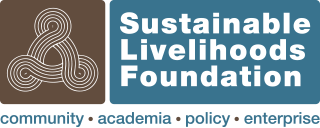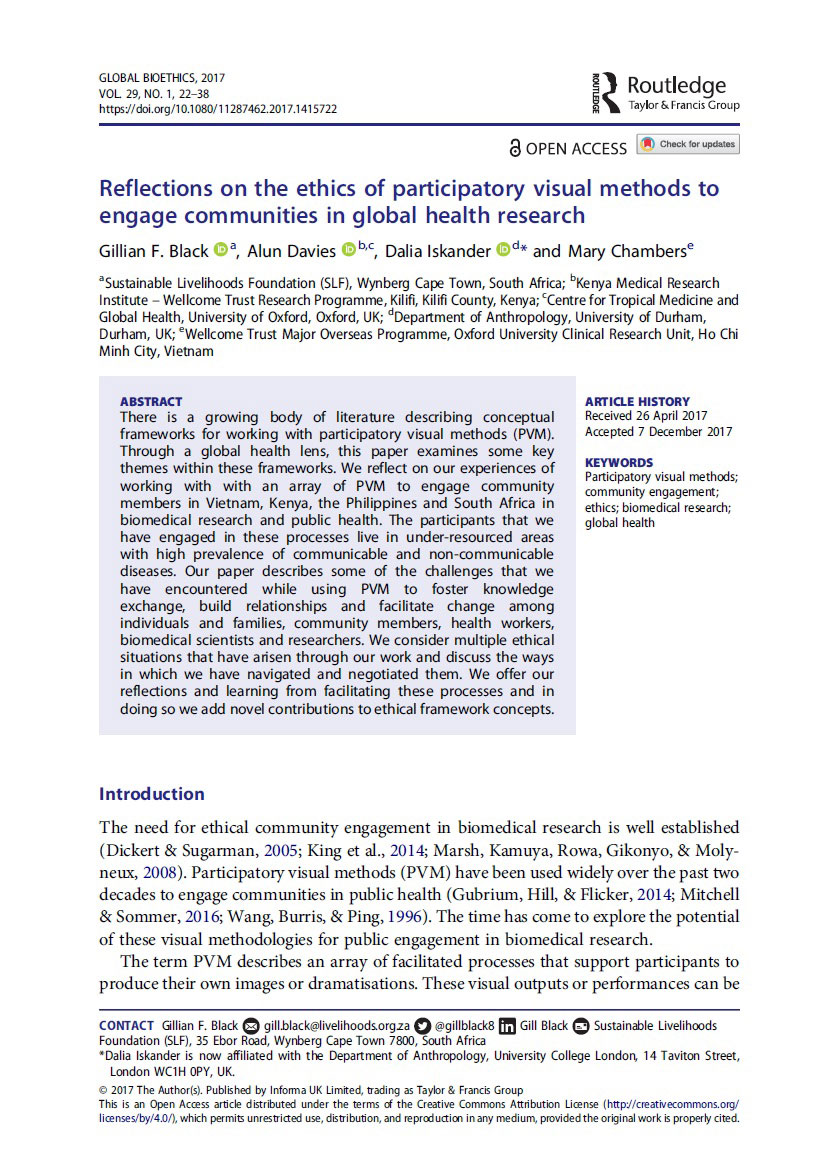The UKRI GCRF ‘Water and Fire’ research project aimed to co-produce knowledge with residents of three vulnerable communities in the Cape Flats area of Cape Town, to generate adaptive solutions that strengthen resilience against environmental hazards. This paper focuses on validating the digital storytelling method used in the project by interrogating how well it conforms to six types of validity as guided by the International Collaboration for Participatory Health Research. Twenty-five digital stories on the overarching themes of fire, floods and drought, produced by Cape Flats residents, were included in the analysis. We conclude that digital storytelling is an effective and valid conduit for knowledge co-production with at-risk communities in the context of climate change resilience, as the method creates personalized opportunities for directly sharing experiences, challenges and ideas for intervention. We advocate for collaborative and inclusive approaches to multisectoral stakeholder engagement that meaningfully involve vulnerable communities working in partnership with researchers and statutory bodies.

